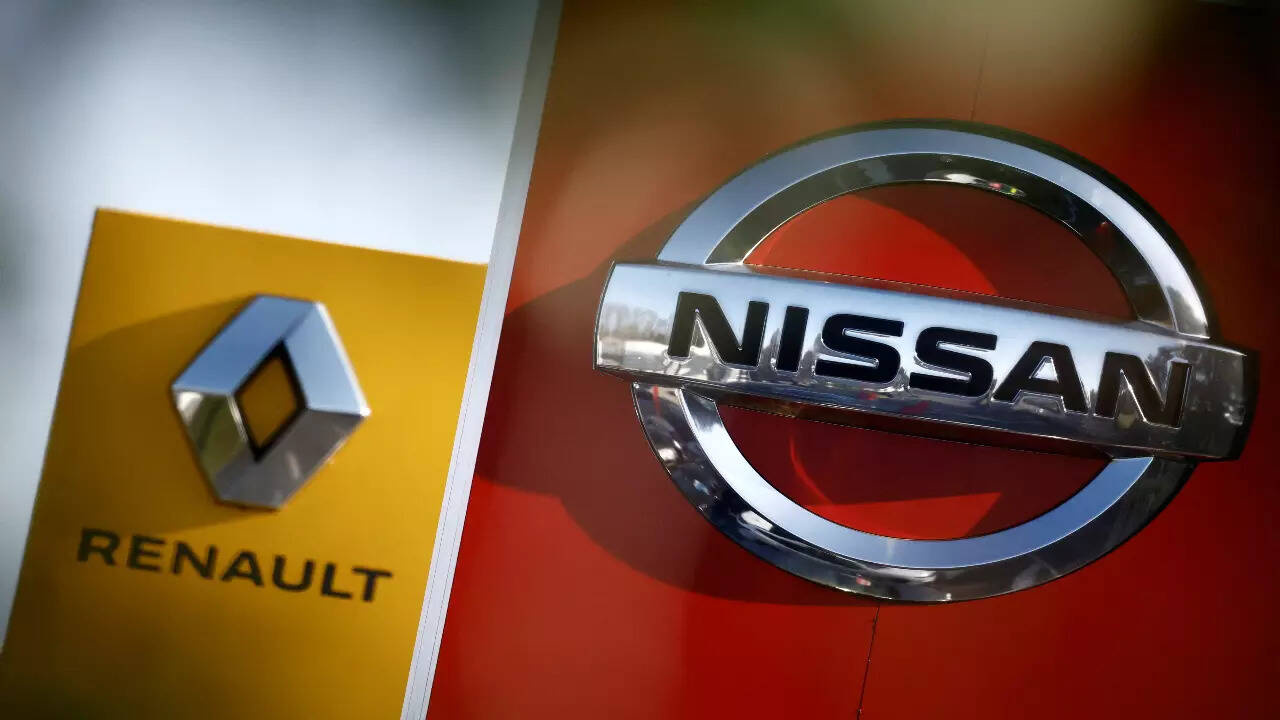Nissan-Renault set to invest Rs 5k crore in India – Times of India
NEW DELHI: Japanese auto major Nissan will invest Rs 5,300 core in India along with French alliance partner Renault to drive in four all-new SUVs and two small electrics. The companies are trying to make a fresh attempt to crack business in India after anotso-significant success so far.
Nissan COO Ashwani Gupta said India is a strategic automobile market, and the companies will g o for new products and highly-localised manuf acturing to not only target the local customers but even export regions. “We will start launching our new products from 2025, and subsequent introductions will happen thereafter. The exercise will also see us create 2,000 jobs in India. ”
Gupta, who is also a member of the Renault-Nissan Alliance board, said that pure-electrics are expected to play a crucial role in India’s sustainable mobility journey, and thus the alliance would focus more on small-sized battery-electric vehicles, rather than try to pitch hybrids and other intermediate green technologies.
“Government policies support battery electrics, and I do believe that they will be a key strategic pillar for India’s electrification growth, and not hybrids. For hybrids and e-power (technology), Nissan will wait to bring the technologies to India,” he said, adding that the company expects the share of electrics in India to reach 13% of total passenger vehicle sales by 2030, against 0. 5% in 2022.
Gupta also said the planned SUVs will be ICE (internal combustion engine or petrol/diesel) vehicles, though the platforms will have capabilities to pack in other technologies such as hybrids and electrics if the need arises. Despite the limited success of the Magnite entry SUV in India, Nissan has by and large failed to score much in the country, managing a share of 0. 8% in the domestic market in AprilDecember 2022-23. The company sold 25,364 units in a market where total sales stood at 28. 7 lakh units in the first three quarters of FY23. Renault has done relatively better with a share of 2. 2% in the same period on total volumes of 63,913 units.
Nissan COO Ashwani Gupta said India is a strategic automobile market, and the companies will g o for new products and highly-localised manuf acturing to not only target the local customers but even export regions. “We will start launching our new products from 2025, and subsequent introductions will happen thereafter. The exercise will also see us create 2,000 jobs in India. ”
Gupta, who is also a member of the Renault-Nissan Alliance board, said that pure-electrics are expected to play a crucial role in India’s sustainable mobility journey, and thus the alliance would focus more on small-sized battery-electric vehicles, rather than try to pitch hybrids and other intermediate green technologies.
“Government policies support battery electrics, and I do believe that they will be a key strategic pillar for India’s electrification growth, and not hybrids. For hybrids and e-power (technology), Nissan will wait to bring the technologies to India,” he said, adding that the company expects the share of electrics in India to reach 13% of total passenger vehicle sales by 2030, against 0. 5% in 2022.
Gupta also said the planned SUVs will be ICE (internal combustion engine or petrol/diesel) vehicles, though the platforms will have capabilities to pack in other technologies such as hybrids and electrics if the need arises. Despite the limited success of the Magnite entry SUV in India, Nissan has by and large failed to score much in the country, managing a share of 0. 8% in the domestic market in AprilDecember 2022-23. The company sold 25,364 units in a market where total sales stood at 28. 7 lakh units in the first three quarters of FY23. Renault has done relatively better with a share of 2. 2% in the same period on total volumes of 63,913 units.
For all the latest business News Click Here
Denial of responsibility! TechAI is an automatic aggregator around the global media. All the content are available free on Internet. We have just arranged it in one platform for educational purpose only. In each content, the hyperlink to the primary source is specified. All trademarks belong to their rightful owners, all materials to their authors. If you are the owner of the content and do not want us to publish your materials on our website, please contact us by email – [email protected]. The content will be deleted within 24 hours.


